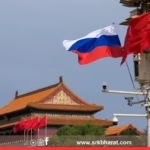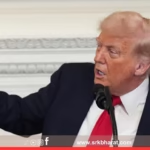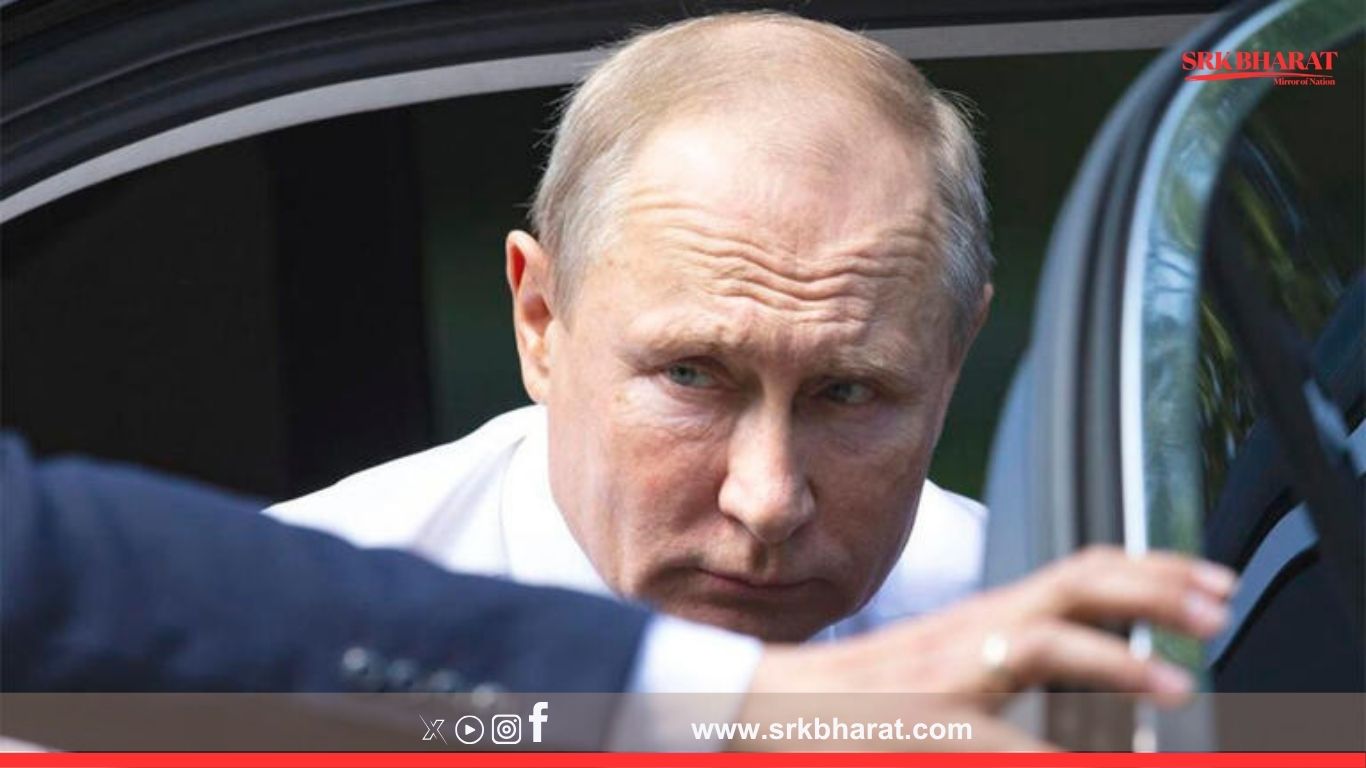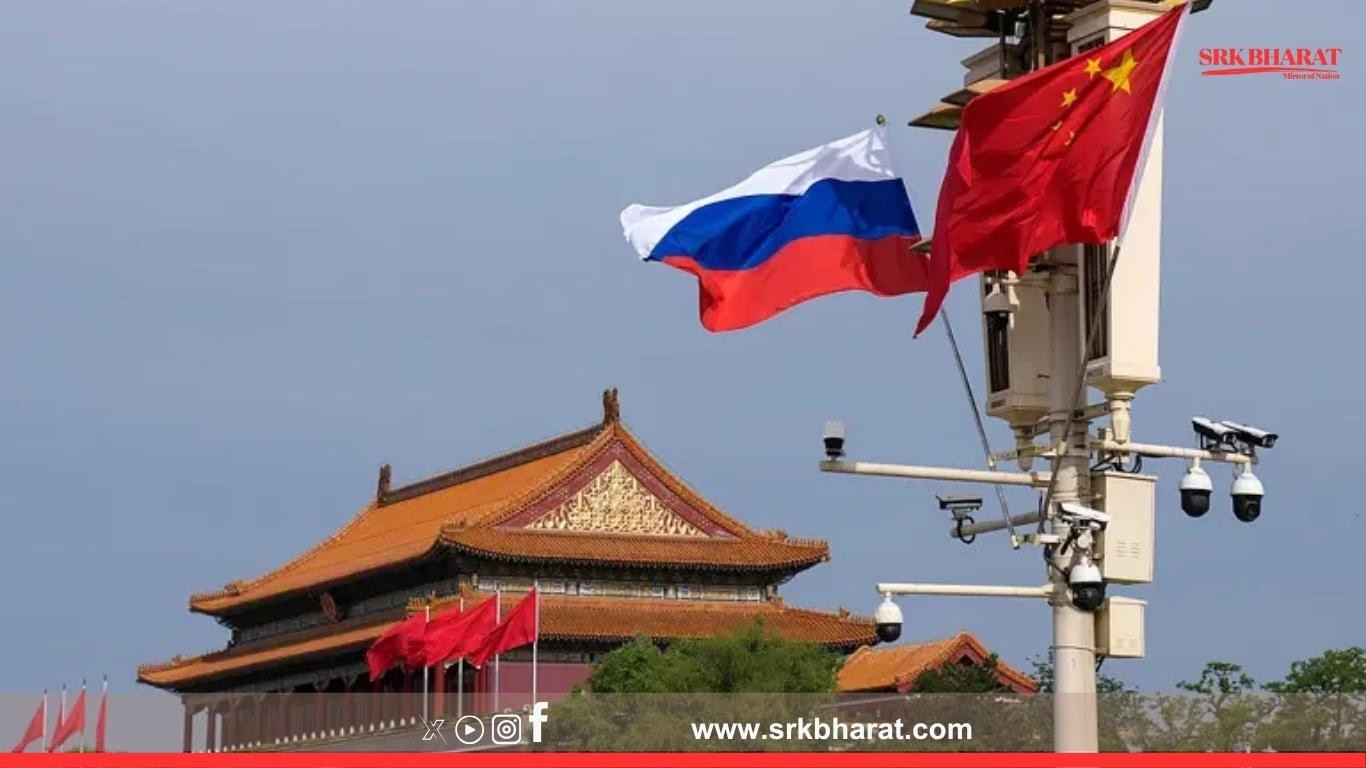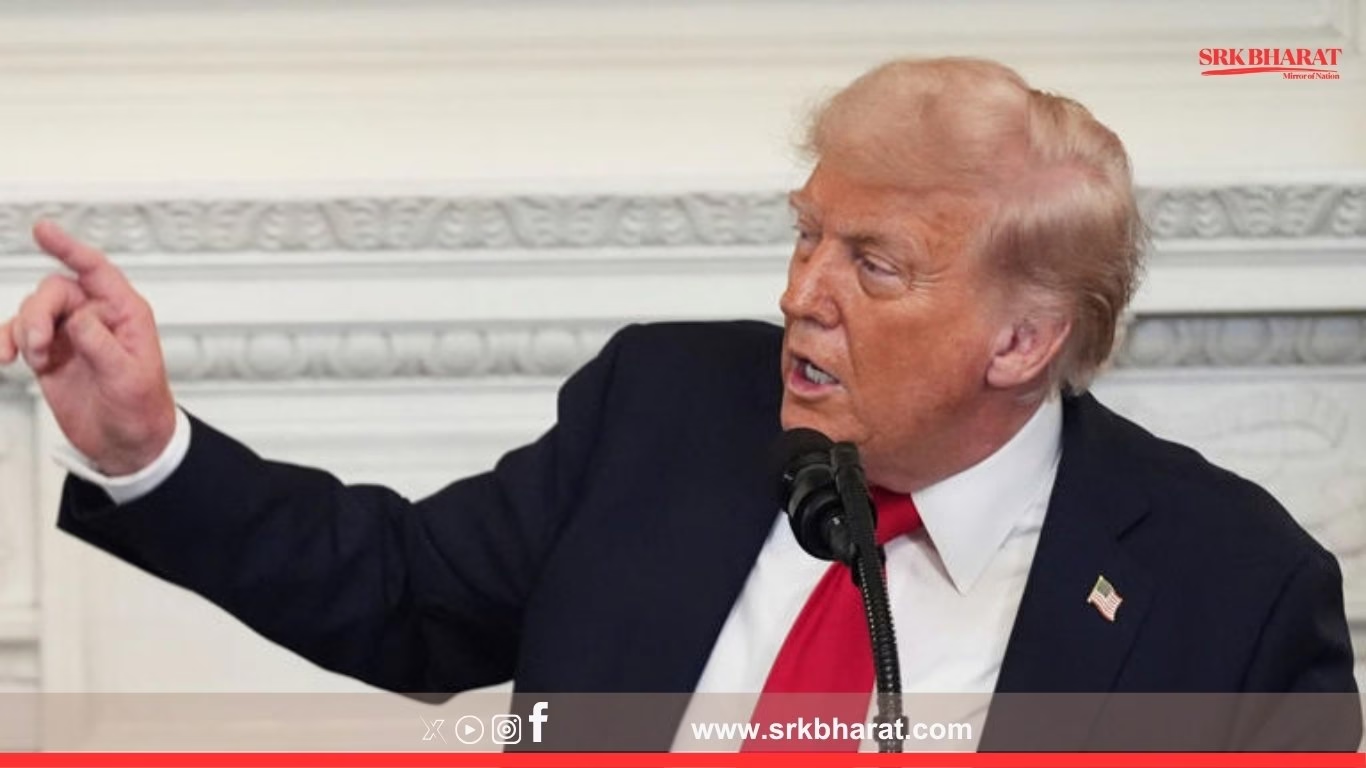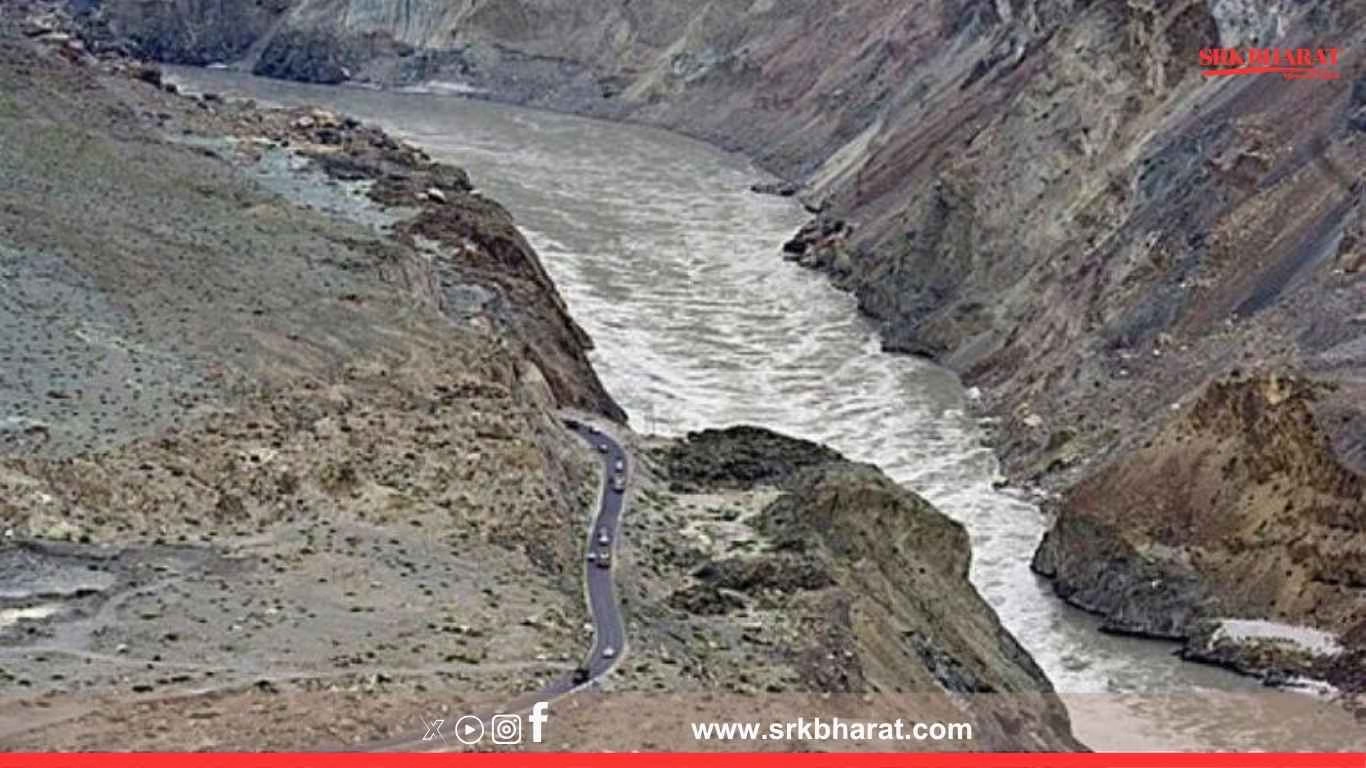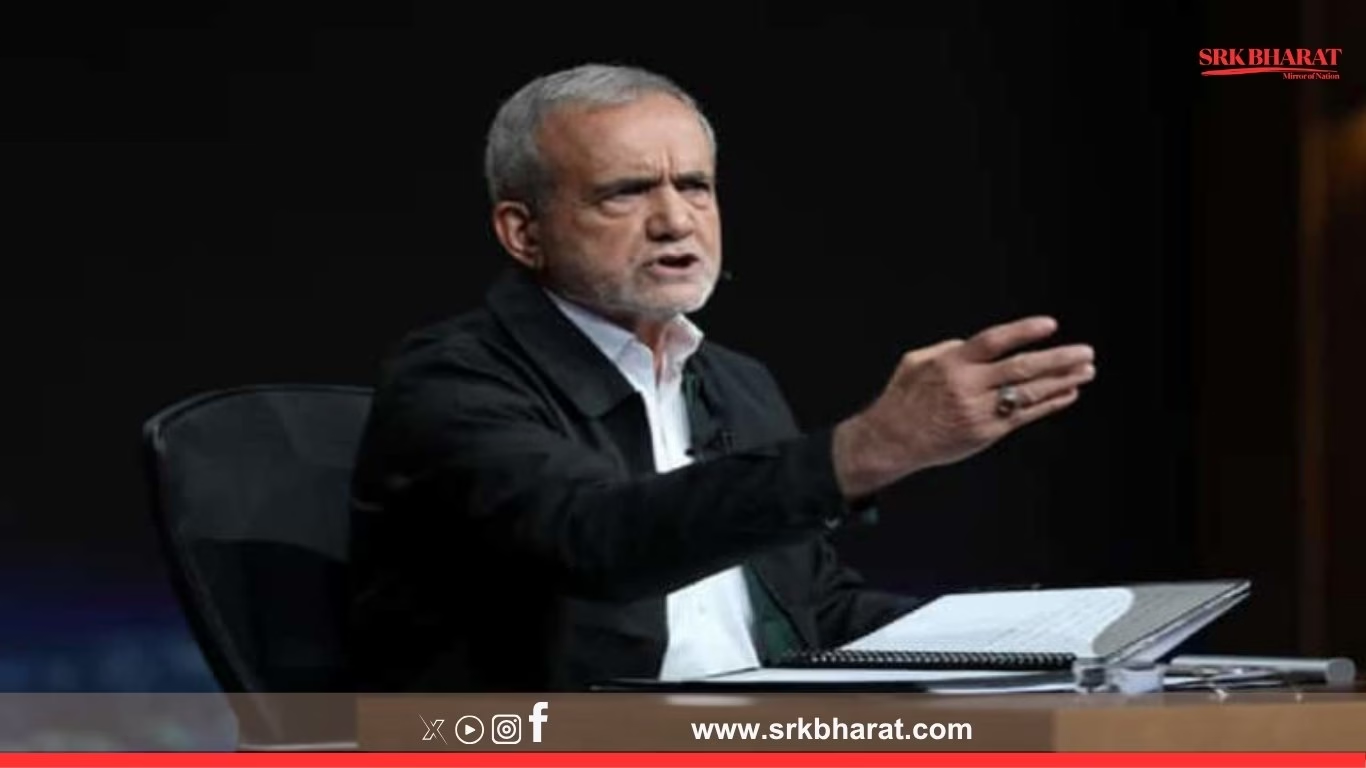Russia’s unrelenting ability to fund its ongoing war efforts, including in Ukraine, has often been attributed to its vast oil and gas exports and strong military-industrial complex. However, geopolitical analysts are now pointing to another silent yet powerful fuel that underpins President Vladimir Putin’s strategic strength: Russia’s dominant hold over the global nuclear energy business.
Russia’s Nuclear Empire – Rosatom At The Centre
At the heart of Russia’s nuclear prowess is Rosatom, its state-owned nuclear conglomerate. Established in 2007, Rosatom oversees all aspects of Russia’s civilian nuclear power and weapons programmes. Its influence stretches globally due to:
- Enrichment capacity dominance: Russia controls nearly half of the world’s uranium enrichment capacity, a critical stage that turns mined uranium into usable nuclear fuel.
- Export of reactors and technology: Rosatom is building over 20 nuclear reactors in countries such as India, Turkey, Egypt, Bangladesh, and Hungary.
- Fuel cycle monopoly: It supplies nuclear fuel, takes back spent fuel for reprocessing, and holds long-term contracts ensuring strategic dependency.
| Segment | Russia’s Global Market Share |
|---|---|
| Uranium enrichment | ~46% |
| Nuclear reactor exports | ~37% |
| Nuclear fuel supply | ~40% |
The West’s Undiminished Dependence
Despite sanctions on Russian oil, gas, defence, and banking, nuclear trade has remained largely untouched. Countries like the US, France, and many in Eastern Europe continue to import enriched uranium from Russia, fearing disruption of reactor operations.
For example:
- United States: Imports nearly 20% of its enriched uranium from Russia for its fleet of 92 nuclear reactors.
- France: Though it has strong domestic capabilities via Orano, it sources enriched uranium to supplement capacity.
- Eastern Europe: Nations like Slovakia, Bulgaria, and Hungary are almost entirely dependent on Russian fuel for their Soviet-era reactors.
How Nuclear Business Funds Russia’s War Machine
Rosatom’s nuclear trade generates billions in foreign currency revenue annually. In 2023 alone, it earned an estimated $9 billion from international projects. Unlike oil or gas, where price fluctuations and logistics affect earnings, nuclear contracts are:
- Long-term (10–30 years)
- Legally binding with severe penalties for breach
- Geopolitically insulated due to lack of immediate alternatives
This stable cash flow indirectly supports Russia’s federal budget, subsidises its defence industries, and maintains employment across 250,000 Rosatom personnel.
The Weaponisation Of Nuclear Energy
Experts warn that Russia is increasingly using its nuclear business as leverage. Key manifestations include:
- Political bargaining tool – As seen with Hungary’s Paks II nuclear project, where Russian financing and reactor supply influence EU politics.
- Energy dependency pressure – Countries are deterred from criticising Russia’s war actions for fear of fuel supply disruptions.
- Technological lock-in – Russian reactors require Russian fuel assemblies, limiting diversification for decades.
Global Impact: Can The World Replace Russian Nuclear Dominance?
While the West scrambles to cut reliance on Russian oil and gas, decoupling from its nuclear grip is far more complex. Reasons include:
- Time lag: Building new enrichment plants or fuel fabrication facilities takes 5-10 years.
- Cost: Alternative enrichment capacity expansion demands billions in investment.
- Regulatory barriers: Nuclear energy’s stringent safety approvals slow down supplier changes.
Strategic Moves To Counter Russia
Some countries have initiated countermeasures:
| Country | Strategy Adopted | Status |
|---|---|---|
| US | $2.7 billion plan to revive domestic enrichment under the Inflation Reduction Act | Funding approved; construction yet to begin |
| France | Expanding Orano’s enrichment facilities | Early planning stage |
| UK | Nuclear Fuel Fund to build independent supply chains | £75 million allocated |
However, experts warn these measures are insufficient to eliminate dependence within this decade.
Nuclear Diplomacy: Russia’s Silent Geopolitical Tool
Russia’s nuclear exports also embed its diplomatic influence. Nations receiving Rosatom reactors and fuel become long-term partners, with Russia offering:
- Training of nuclear personnel
- Operational maintenance support
- Financing via state credit lines
Countries like Egypt, Bangladesh, and Turkey have thus entered deeper diplomatic and economic engagements with Moscow, indirectly endorsing its broader foreign policy.
Environmental Concerns
Beyond geopolitical implications, activists raise alarms over environmental risks:
- Spent fuel reprocessing in Russia has been linked to nuclear waste leaks.
- Reactor safety standards are often opaque compared to OECD benchmarks.
- Expansion in developing countries with limited nuclear regulatory frameworks may lead to safety compromises.
Industry Experts’ Views
Dr. Robert Henson, Global Nuclear Markets Analyst, stated:
“Rosatom’s vertical integration – mining, enrichment, fuel supply, reactor construction, spent fuel reprocessing – gives Russia unassailable global leverage. Sanctions on this sector remain unlikely due to Western dependency.”
Olga Kudryashova, Moscow-based energy consultant, added:
“Rosatom is not just a company; it is an instrument of Russian foreign policy. Even during sanctions, it expands because few nations can match its full-cycle offering.”
The Way Ahead
Western governments are now evaluating potential coordinated action, such as:
- Joint sanctions on Russian enriched uranium
- Accelerated funding for domestic enrichment plants
- Development of fuel fabrication compatible with Russian reactor designs
However, analysts warn any abrupt embargo without preparation could trigger:
- Reactor shutdowns in Europe and the US
- Surge in global uranium prices
- Increased geopolitical instability in nuclear fuel markets
Conclusion: Nuclear Business As The Real Power Lever
While global headlines focus on oil embargoes, SWIFT cut-offs, or drone warfare, Russia’s nuclear business continues to funnel billions with minimal resistance. Its grip over enrichment, reactor exports, and fuel cycles quietly empowers its broader geopolitical and military ambitions.
Breaking this dependency will require not only strategic foresight and large capital investment but also long-term political resolve across Western allies.
Disclaimer: This news content is based on public domain analyses, government statements, energy market data, and expert commentary. It is intended for informational purposes only and does not constitute financial, strategic, or policy advice. Readers are advised to consult qualified energy policy experts for formal assessments before drawing strategic conclusions or taking related decisions. The publication bears no responsibility for actions based on this report.



